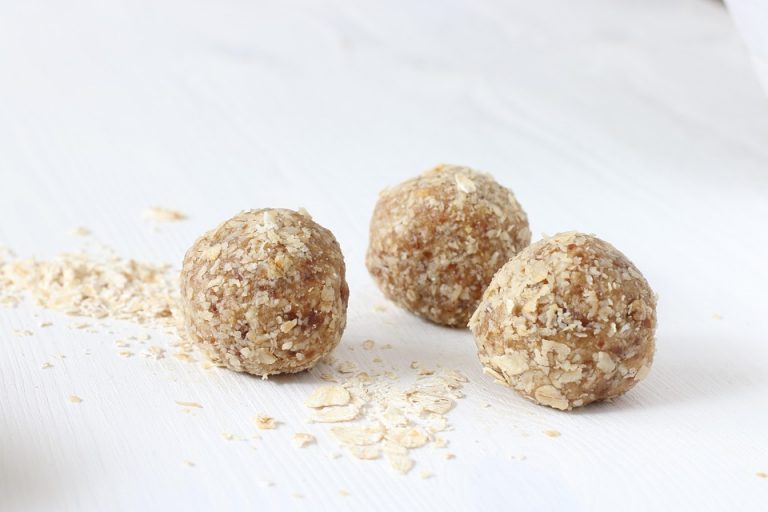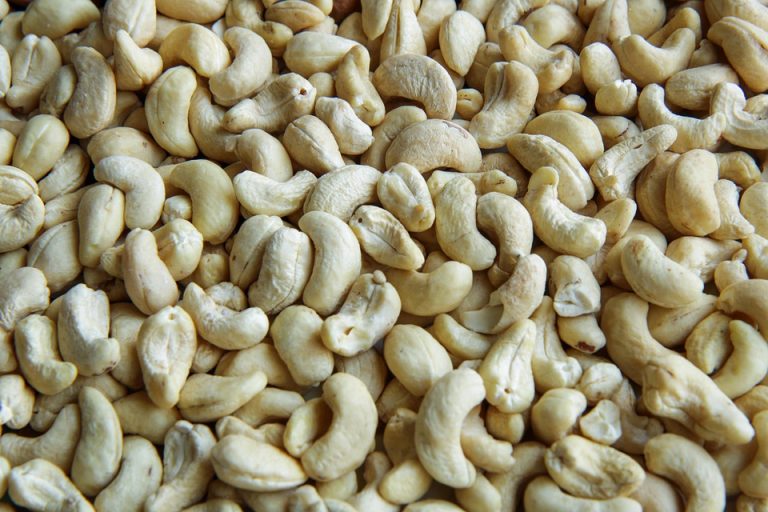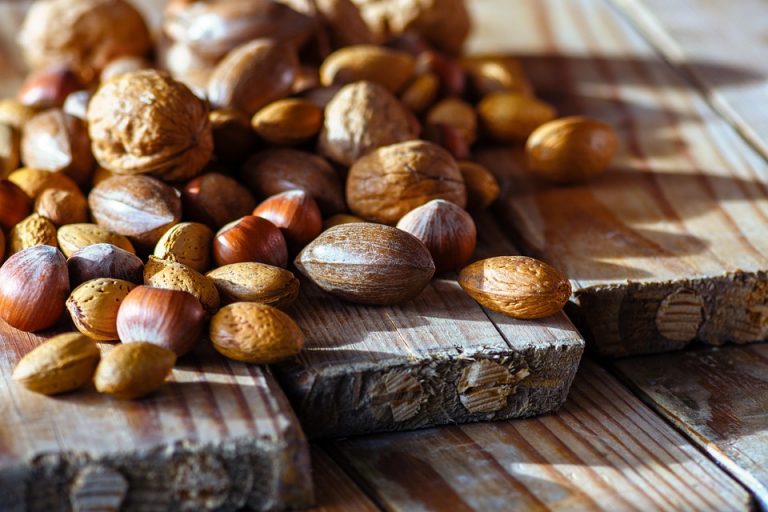Inflammation can be a silent saboteur in your body, wreaking havoc and leading to chronic diseases. You might not even realize it’s there, but that nagging joint pain or the occasional bloating could be your body’s way of crying out for help. The good news? You can fight inflammation naturally with the right foods. Let’s dive into seven superfoods to fight inflammation naturally that will not only nourish your body but also bring you vibrant health and energy.
Contents
What is Inflammation and Why Does It Matter?
Inflammation is your body’s natural response to injury or infection. In the short term, it’s protective. But when inflammation becomes chronic, it can lead to serious health problems, including heart disease, diabetes, and arthritis.
Why should you care? Because inflammation affects your quality of life. It can sap your energy, cloud your mind, and even impact your mood. If your body is in a constant state of inflammation, you’re not just fighting fatigue; you’re fighting against your own well-being.
The Role of Superfoods in Combating Inflammation
Superfoods are nutrient-rich foods that pack a powerful punch in the fight against inflammation. They are loaded with antioxidants, vitamins, and minerals that help your body reduce inflammation and promote healing. Incorporating these foods into your diet can be a game-changer for your overall health.
1. Turmeric
Turmeric, often called the golden spice, is a superstar in the inflammation-fighting league. Its active compound, curcumin, is a potent anti-inflammatory agent. Here’s why turmeric deserves a spot in your spice cabinet:
- Powerful Antioxidant: Curcumin neutralizes free radicals, reducing oxidative stress in your body.
- Joint Health: Studies have shown that curcumin can alleviate symptoms of arthritis and joint pain.
- Heart Health: It may help improve endothelial function, which is crucial for heart health.
How to Use It: Add turmeric to smoothies, soups, or golden milk. A pinch of black pepper can enhance curcumin absorption.
2. Berries
Berries, such as blueberries, strawberries, and raspberries, are tiny but mighty when it comes to fighting inflammation. Their vibrant colors come from antioxidants called flavonoids, which have been shown to reduce inflammation markers.
- High in Fiber: They support gut health, which is essential for managing inflammation.
- Vitamin C Rich: This vitamin is crucial for immune function and healing.
How to Use It: Enjoy a berry smoothie, sprinkle them on oatmeal, or eat them fresh as a snack.
3. Fatty Fish
Fatty fish like salmon, mackerel, and sardines are packed with omega-3 fatty acids, which are renowned for their anti-inflammatory properties. Omega-3s help to reduce the production of inflammatory compounds in the body.
- Heart Health: Omega-3s support cardiovascular health by lowering triglycerides.
- Cognitive Function: They may improve brain health and reduce symptoms of depression.
How to Use It: Grill, bake, or sauté fatty fish and pair it with your favorite veggies for a delicious meal.
4. Leafy Greens
Leafy greens such as spinach, kale, and Swiss chard are nutrient powerhouses. They are rich in vitamins A, C, and K, along with antioxidants that combat inflammation.
- Calcium and Iron: Essential for bone health and energy levels.
- High in Fiber: Aids in digestion and gut health.
How to Use It: Add leafy greens to salads, smoothies, or stir-fries for an easy nutrient boost.
5. Olive Oil
Extra virgin olive oil is a staple in the Mediterranean diet and is known for its heart-healthy benefits. It contains oleocanthal, which has anti-inflammatory properties similar to ibuprofen.
- Healthy Fats: Supports brain health and can help manage cholesterol levels.
- Versatile: Use it as a salad dressing or for sautéing.
How to Use It: Drizzle it over vegetables, use it for roasting, or mix it into your favorite dips.
6. Nuts and Seeds
Nuts and seeds, particularly walnuts and flaxseeds, are excellent sources of healthy fats, fiber, and protein. They are also rich in magnesium and other essential nutrients that help regulate inflammation.
- Heart-Healthy: They contain omega-3 fatty acids and antioxidants that promote heart health.
- Satiety: They keep you feeling full longer, which can help with weight management.
How to Use It: Snack on a handful, sprinkle them on salads, or blend them into smoothies.
7. Ginger
Ginger is not just a zesty addition to your meals; it’s also a powerful anti-inflammatory agent. Its active compounds, such as gingerol and shogaol, have been shown to reduce inflammation and pain.
- Digestive Health: Ginger can soothe an upset stomach and promote digestion.
- Immune Support: It helps enhance your immune system.
How to Use It: Grate fresh ginger into teas, stir-fries, or smoothies for a flavorful kick.
How to Incorporate These Superfoods into Your Diet
You don’t need to overhaul your entire diet to reap the benefits of these superfoods. Here are some practical tips to get started:
- Start Your Day Right: Add berries to your breakfast. They’re perfect in smoothies or on top of yogurt.
- Snack Smart: Keep a mix of nuts and seeds handy for a quick, healthy snack.
- Experiment with Spices: Use turmeric and ginger in marinades, soups, or teas.
- Make Salads Exciting: Toss in leafy greens, nuts, and a drizzle of olive oil for a nutrient-dense meal.
- Plan Your Meals: Include fatty fish at least twice a week for a boost of omega-3s.
The Bottom Line
Your body deserves the best, and these seven superfoods to fight inflammation naturally can help you reclaim your health and vitality. Remember, it’s not just about what you eat; it’s about how you feel.
By making small, intentional changes to your diet, you can reduce inflammation and feel your best every day.
FAQ
Q: Can I take supplements instead of eating these superfoods?
A: While supplements can be beneficial, whole foods provide a range of nutrients that work together for optimal health.
Q: How long does it take to see results?
A: Everyone’s body is different, but many people notice improvements in energy and reduced pain within a few weeks of incorporating these foods into their diet.
Q: Are there any foods I should avoid?
A: Yes, processed foods, sugary snacks, and trans fats can exacerbate inflammation. Focus on whole, unprocessed foods for the best results.
Take the first step towards a healthier you. Embrace these superfoods, and let your body thrive!
Get Your FREE Natural Health Guide!
Subscribe now and receive our exclusive ebook packed with natural health tips, practical wellness advice, and easy lifestyle changes, delivered straight to your inbox.




